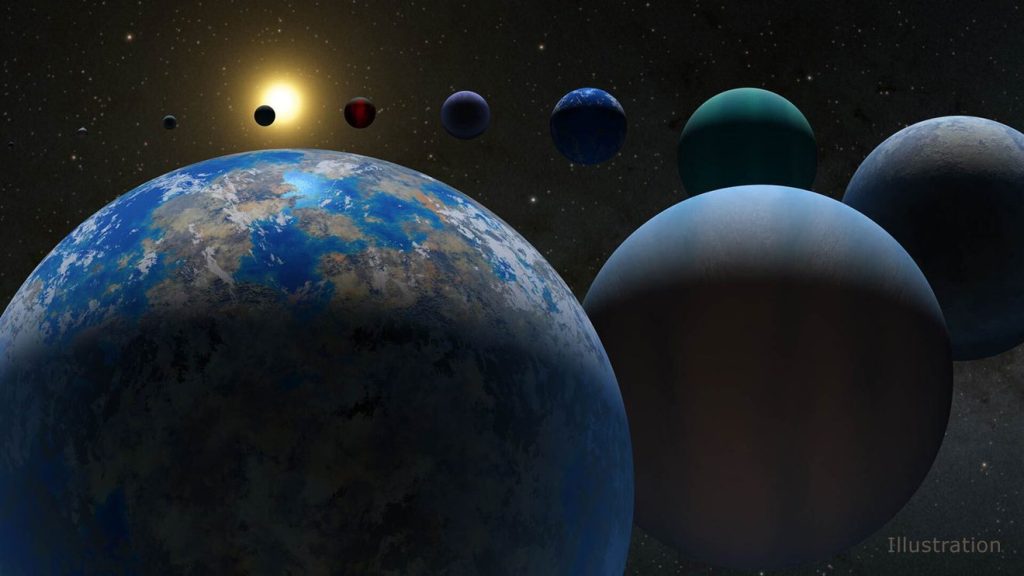Guillermo Söhnlein, a visionary co-founder of OceanGate, is now setting his sights on an extraordinary ambition: to create a floating colony on Venus capable of accommodating a thousand individuals by the year 2050. Despite recent challenges, including an infamous submersible incident, Söhnlein’s passion for advancing humanity as a multi-planet species has been deeply ingrained since his early years, when he was just eleven. This bold endeavour might seem far-fetched and daunting, but Söhnlein remains steadfast in his commitment to pushing the boundaries of human exploration and colonization.

Venus: The Next Earth? Exploring the Possibilities of Human Habitation
The concept of inhabiting Venus might raise eyebrows, given its notorious reputation as Earth’s evil twin with extreme and seemingly inhospitable conditions. Surface temperatures soaring to scorching levels, a suffocating atmosphere rich in carbon dioxide, and clouds laden with sulfuric acid all make the notion of human habitation appear outlandish and perilous. It’s natural to harbor skepticism, even within the space industry.
However, Guillermo Söhnlein, a visionary co-founder of OceanGate, envisions a different aspect of Venus that remains largely unexplored—an area approximately 30 miles above its surface. In this realm, temperatures are more manageable and atmospheric pressure is less intense. If a space station could navigate the challenges posed by the sulfuric acid clouds, it could serve as a potential stepping stone for future colonization efforts, accommodating hundreds, if not thousands, of people. But, of course, this would require extensive development and rigorous testing stages to ensure safety and viability.
Amidst the grandiose vision of Guillermo Söhnlein lies an air of impracticality that draws skepticism from many. Comparing himself to the daring pioneers of Silicon Valley, Söhnlein justifies his audacious pursuit, believing that progress can only be achieved through calculated risks and embracing failures. However, such comparisons may not hold water in the realm of space exploration, where the stakes are infinitely higher.
Criticism
You can also read: China’s new hyperloop train completes first test runs successfully (Speed: 1000 Km/hr)
The allure of Venus as the next frontier might be enticing, but Söhnlein’s simplistic reasoning—”why not?”—fails to address the monumental challenges posed by this hostile planet. With scorching temperatures, a toxic atmosphere, and corrosive clouds, Venus appears an improbable habitat for humanity.
While the dream of seeking new homes beyond Earth ignites the imaginations of many, the reality of colonizing Venus remains shrouded in uncertainty. The complexities and dangers of such a venture cannot be underestimated, and the likelihood of success remains an enigma.
As the world watches with cautious curiosity, one can’t help but wonder if Söhnlein’s ambitions will transcend mere optimism and find solid ground in the harsh realities of space exploration. Only time will reveal the true potential and outcomes of this daring endeavor.
Also read this article for Enhance the Knowledge:

Pingback: The Martian Alien Search with 239 Million-Year-Old Fossils
There’s noticeably a bundle to learn about this. I assume you made certain good factors in options also.